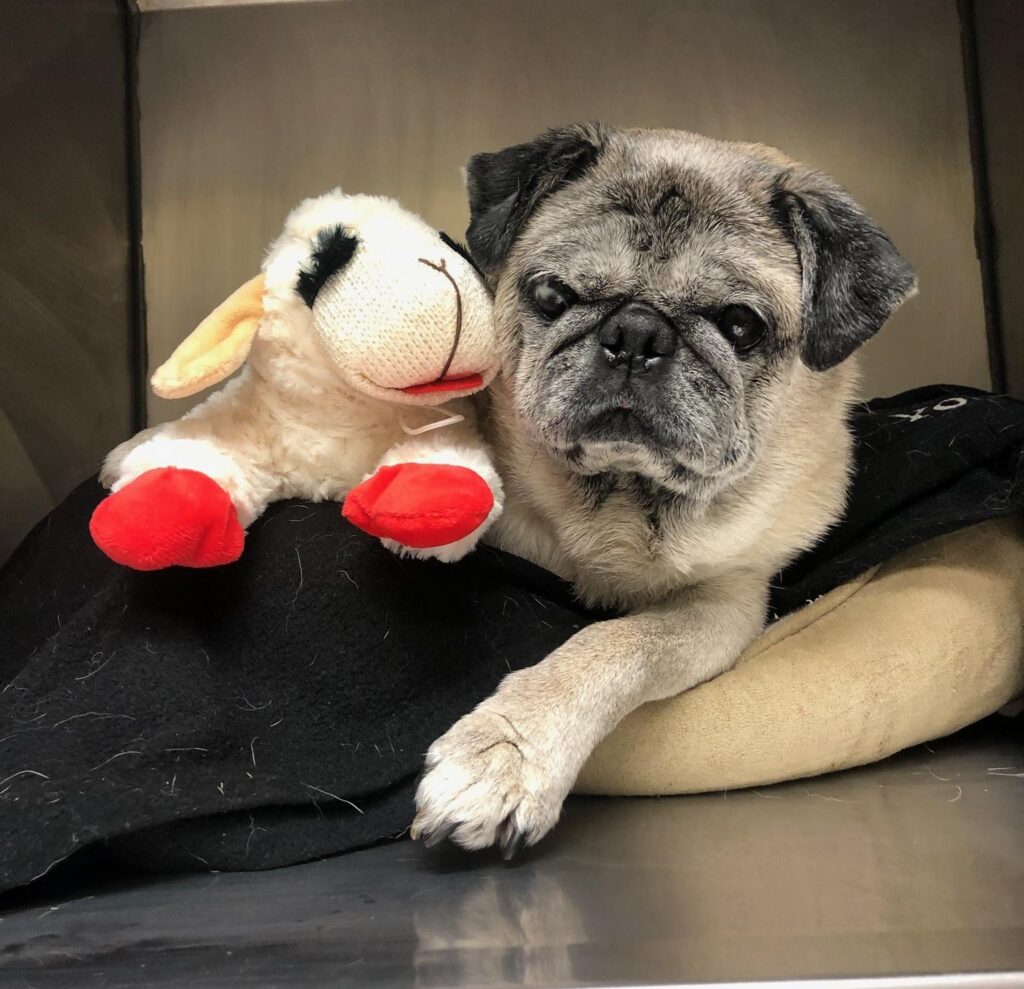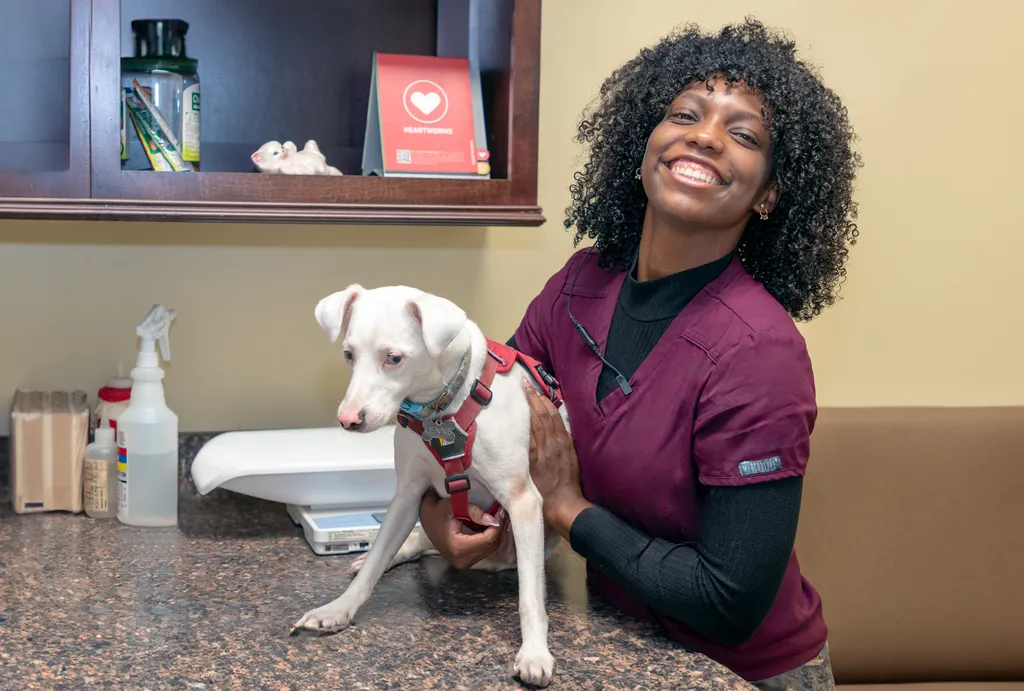If you’re like many Lone Star State pet owners, the latest outbreak of canine influenza virus (CIV) across the South, and now here in Texas, may have you concerned. The latest strain of canine influenza has been making its way across the states since early 2015. While CIV has been around for a few decades, the most recent strain infects almost all unvaccinated dogs who are exposed to it.
To help you better protect your dog from this virus, our team has compiled a few recommendations and information about CIV (canine flu) and why it’s such a problem for our furry friends.
The Latest Strain of Canine Flu: H3N2
While the canine flu outbreak of the past few years has stirred up worry for many pet owners, the fact remains that upper respiratory infections are nothing new. They come in many different strains that can affect cats, dogs, and even some small mammal companions.
H3N2 (the most recent strain of CIV) was a type of avian virus that mutated and worked its way from Asia to the United States in 2015. Its predecessor, H3N8, was first discovered in greyhounds back in 2004. Both of these strains can infect unvaccinated dogs, but with the latest virus being so new, most dogs have not developed the antibodies needed to combat it. Therefore, outbreaks are to be expected.
The virus is spread through airborne droplets via coughing and sneezing, as well as items that have come into contact with a sick dog, like water bowls, bedding, etc.
Once a pet has been exposed, clinical symptoms often emerge within 2-5 days. Canine influenza symptoms can include:
- Fever
- Persistent cough
- Lethargy
- Nasal discharge
- Lack of appetite
While 80% of dogs who become infected display symptoms, some remain asymptomatic but remain capable of transmitting the virus to other animals.
Canine Influenza Treatment and Prevention
If you suspect your pet has the flu or a respiratory illness, it’s important to have him or her examined right away. Some pets will become quite ill and run a high fever, so the sooner we’re able to diagnose and begin treatment, the better. If your pet is in a multi-pet home, do your best to keep healthy animals separate from any pet who is infected (the virus is highly contagious). Be sure to monitor other pets for symptoms.
Treatment typically entails supportive care and antibiotics (when bacterial infections are present). Your pet will also require careful monitoring and plenty of rest as the virus runs its course. Some pets also require IV fluid therapy if dehydration is suspected.
Fortunately, there is happier news. While it’s likely we will continue to deal with H3N2 for some time, we now have a vaccine that is specific to this strain. We urge you to consider vaccinating your dog to minimize his or her risk.
Along with the vaccine, we recommend the following:
- Avoid places where infectious illnesses are rife, including kennels, grooming salons, and dog parks.
- Maintain your pet’s wellness appointments so we can assess risk and create a personalized vaccine plan for your pet.
- Alert us to any changes in your pet’s health that may imply a respiratory infection or other illness.
Together, we can keep pets protected by being vigilant, educating ourselves, and following vaccination guidelines.
To schedule an appointment or to discuss canine flu and the vaccine, please call us.



